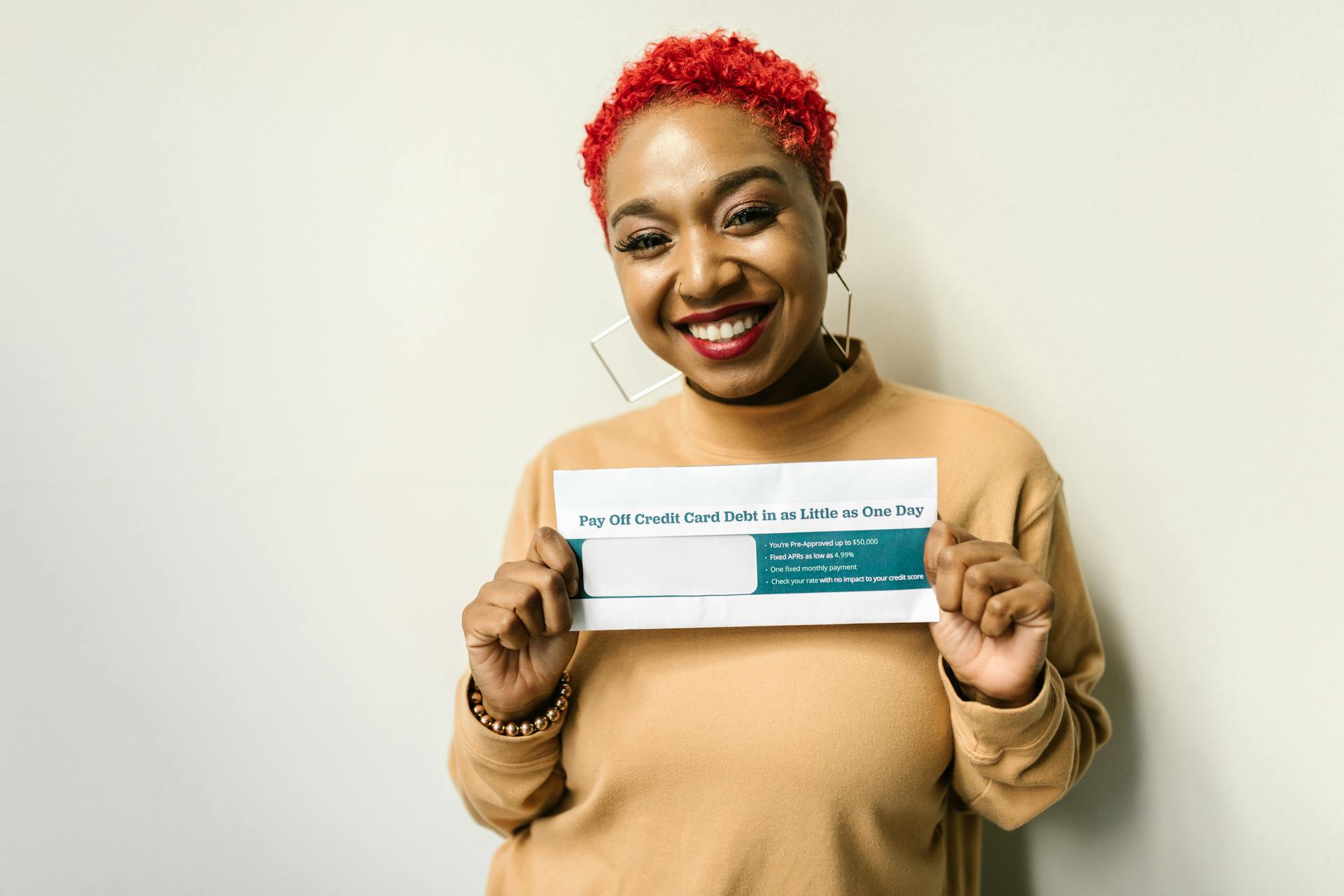
When it comes to personal finance, one of the most frequently asked questions (FAQs) is: "How big should my emergency fund be?" An emergency fund, also known as a rainy day fund, is a crucial component of financial planning. It's there to help you when unexpected expenses arise or if you lose your job. But how much money do you need in this fund?
The popular rule of thumb is to have at least 3-6 months worth of living expenses saved in your emergency fund. However, this may not necessarily work for everyone. Some financial experts suggest having even more saved up - up to 12 months worth of living expenses! This may seem daunting, but it's important to start building your emergency fund as soon as possible.
In this article, we'll take a closer look at the emergency fund rule generally works and provide tips on how to determine the right amount for you. With so much uncertainty in the world today, having enough savings set aside can give you peace of mind and help protect your financial future.
You might like: B H P Billiton Share Price
Discover the Smart Way to Calculate Your Rainy Day Fund

An emergency fund is an essential component of any financial plan. Financial experts recommend having three to six months worth of living expenses saved up, but this can be a pretty wide range depending on your circumstances. Your target depends on various factors, such as where you live, your dependents (including furry ones), and your access to financial assistance.
If you're saving closer to three months worth of living expenses, it's likely that you're living in a low cost-of-living area and have a stable job. However, if you're in a high cost-of-living area or have an older home that requires frequent repairs, you may need to save up to six months worth of living expenses. Additionally, if your job isn't stable, you're a seasonal worker or gig worker, or you have a medical condition or participate in high-risk activities like rock climbing or base jumping, it's best to err on the side of caution and save more.
It's also important to consider building a financial support network outside of your emergency fund. If you have years worth of living expenses saved up or are in a high-income niche position that would require relocation or extra time finding new work if you lost your job, it's crucial to have a plan in place for securing financial stability beyond just your rainy day fund. This especially goes for those who are nearing retirement or are the sole provider for multiple dependents. By taking action now and regularly contributing to your emergency fund and building additional financial support networks, you can rest easy knowing that unexpected events won't derail your finances.
For another approach, see: Fixed vs Variable Cost
Assisting Workers in Saving: A Guide to Financial Security
Financial instability is a major concern for many workers, especially when unexpected expenses arise. To combat this issue, major employers like Truist Financial Corp and Levi Strauss have introduced programs encouraging emergency savings among their employees. For example, Truist Financial Corp launched the Truist Momentum Program which includes an eight-part financial education program and an emergency savings account for their 48,000 employees.
Levi Strauss, the apparel brand, also provides assistance to their hourly employees by offering matching funds for qualifying contributions to their Red Tab Foundation savings accounts. Over a six-month period, workers can make contributions and receive matching funds from the company deposited directly into their bank account through the company's online platform. This feature serves as a financial safety net in case of emergencies.
These emergency savings programs not only provide a financial safety net but also contribute to retirement security. By diverting part of before-tax retirement contributions into a savings account encouraging after-tax emergency savings, workers can feel more secure knowing they have funds available if an emergency arises without sacrificing their long-term financial goals. With companies like Prudential Financial administering these retirement plans and promoting financial education alongside emergency saving programs, workers can take control of their finances and achieve greater financial security.
Take a look at this: Funding Retirement
Secure Your Future: The Importance of an Emergency Fund
Why is having an emergency fund so important? Well, life can throw unexpected curveballs at you at any given moment. From a sudden job loss to an unexpected medical expense, having money set aside for emergencies can help alleviate the stress and financial burden that comes with these situations. A general rule of thumb is to have three to six months' worth of living expenses saved up, but the actual amount varies depending on your individual circumstances. Start small and eventually save up enough to cover your essential living expenses in case of an emergency - you'll thank yourself later.
A different take: Class B Shares Private Company
How can I create an emergency fund if I am living paycheck to paycheck?
The important thing when creating an emergency fund while living paycheck to paycheck is to start small. Look at your take-home pay and decide on a set amount that you can afford to save each month. Even if it's just $20, it will add up over time. Once you have this eventual savings amount decided, make it automatic by setting up a direct deposit from your paycheck or a recurring transfer from your checking account. Remember, the key is consistency – even small contributions will eventually add up and help you feel more secure in case of an unexpected expense.
A fresh viewpoint: H B L Power Share Price
Understanding the Importance of an Emergency Fund
An emergency fund is a safety net that can help you meet unanticipated expenses without falling into financial distress. The term emergency fund refers to money stashed away in highly liquid assets that can be accessed quickly when needed. The importance of an emergency fund cannot be overstated, as it can improve your financial security and provide peace of mind.
Having an emergency fund tend to be more beneficial than relying on high-interest debt options such as credit cards or unsecured loans. It can also protect your future security by keeping you from dipping into retirement funds in times of financial hardship. Whether it's unexpected medical bills, major home repairs, or a sudden job loss, having an emergency fund in place can help you weather the storm and come out stronger on the other side.
You might enjoy: Security Analysis Portfolio Management
1. Key Takeaways
One of the key takeaways from this article is the importance of having an emergency fund. An emergency fund serves as a financial safety net and should ideally consist of several months worth (or even years worth) of living expenses. With the recent 2020 economic crisis, it has become more important than ever to have emergency funds that are easily accessible and easily liquidated, such as through tax refunds or established programs that encourage emergency fund saving.
For your interest: Liquid Net Worth
Take a Pinch of Skepticism with These Words
When it comes to personal finance, there are certain buzzwords that seem to pop up again and again. One of these is the "emergency fund." We're often told that we need one, and that it should be enough to cover three-to-six months' worth of living expenses. While having an emergency fund is certainly a good idea, it's important to approach this concept with a healthy dose of skepticism. After all, not everyone's financial situation is the same, and blindly striving for a three-to-six-month emergency fund goal without considering your individual circumstances can actually do more harm than good.
Broaden your view: What Is Tier One Credit
Frequently Asked Questions
How much money should you have in an emergency fund?
You should aim to have at least three to six months' worth of living expenses saved in an emergency fund. This will help you cover unexpected costs or loss of income without having to rely on credit cards or loans.
How much do you really need in your emergency fund?
Experts suggest having at least 3-6 months of living expenses in your emergency fund, but the exact amount you need may vary based on factors such as job security and family size. It's important to assess your own personal situation and determine a realistic goal for your emergency savings.
What is the recommended amount of an emergency fund?
Financial experts usually recommend having an emergency fund that can cover three to six months' worth of expenses. This can help you be prepared for unexpected expenses or job loss.
How big should your fully funded emergency fund be?
Your fully funded emergency fund should ideally be 3-6 months' worth of living expenses, but this can vary based on individual circumstances such as job security and medical needs.
Featured Images: pexels.com


